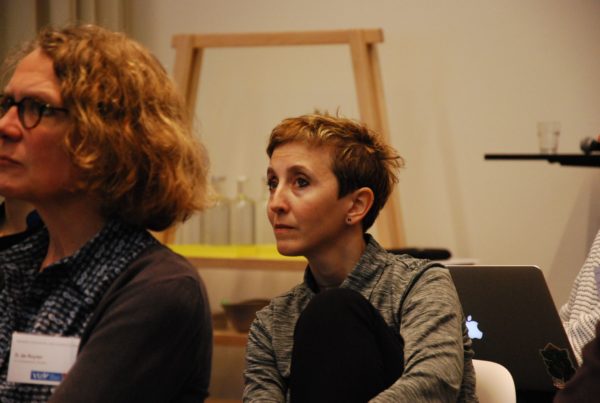Date: August 8, 2018
Source: Palgrave Communications
Author: Rik Peels & Lex Bouter
In this article, we argue that the debate on the poor reproducibility of scientific research has overlooked an entire field: replication is also possible and desirable in the humanities. So far, the debate on replicability has been carried out primarily in the biomedical, natural and social sciences. It turns out that, for a wide variety of reasons, many of which lead to selective reporting, a large proportion of studies in these fields are not replicable, sometimes as many as 70 percent. In this paper, we leave these fields mostly aside, since they have been extensively addressed in the recent literature, and turn to the humanities. First, we distinguish between replicability and replication. Subsequently, we defend the view that replication is entirely possible in the humanities: it meets all the criteria that have been identified for biomedical, natural and social science research. The uniqueness of many research objects in the humanities does not present an obstacle to this. We also explain why replication is desirable and urgently needed in the humanities. Finally, we give various practical guidelines for how replication in the humanities could be carried out, such as focusing on the replication of cornerstone studies or a random selection of published research in a sub-discipline, and opting, if possible, for a conceptual replication, so that triangulation becomes possible.
Read the full article here:
https://home/abrah91/domains/abrahamkuypercenter.nl/public_html.nature.com/articles/d41586-018-05454-w




